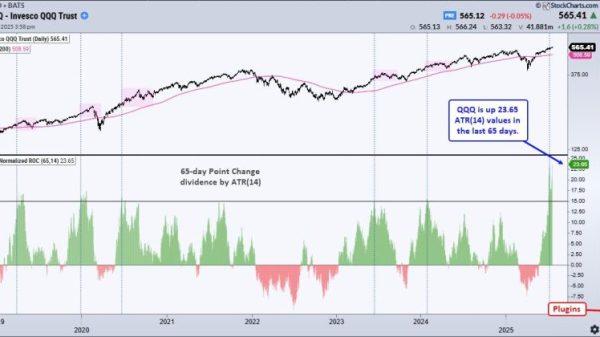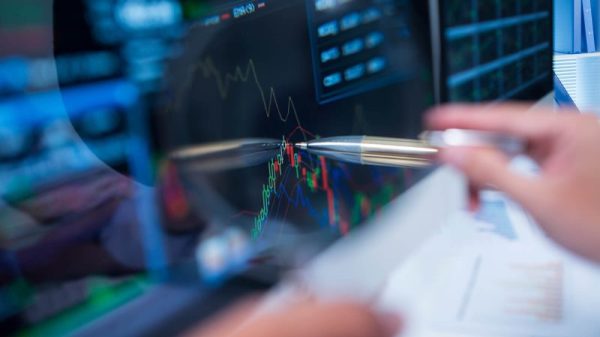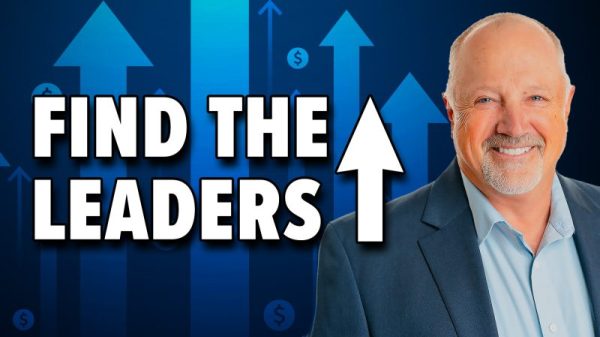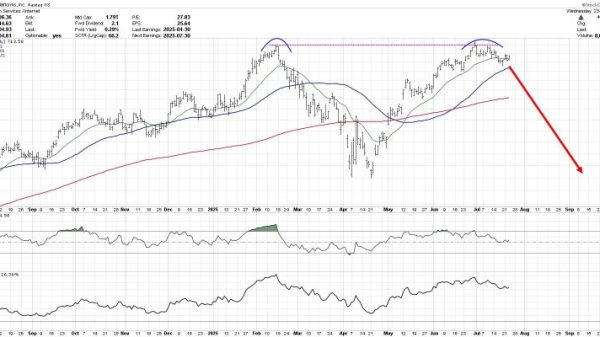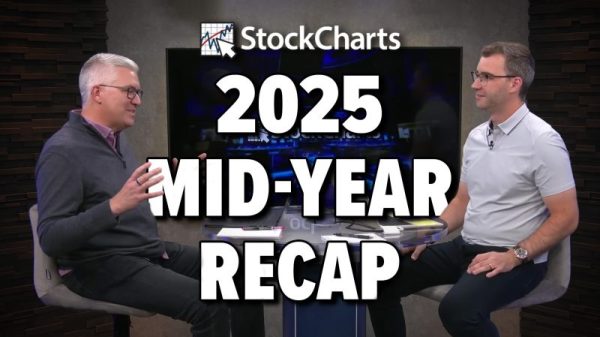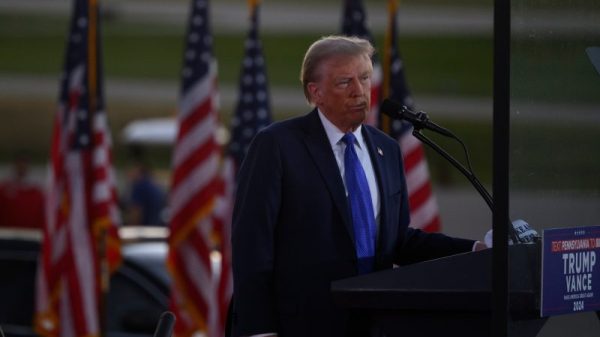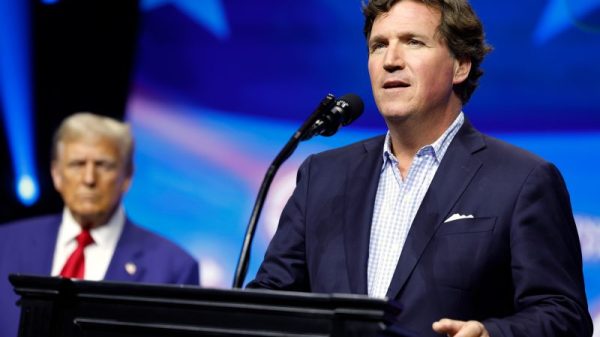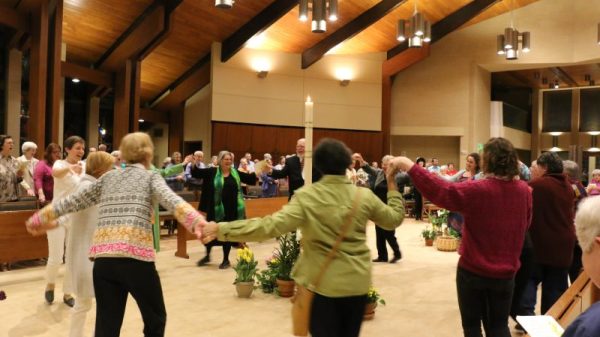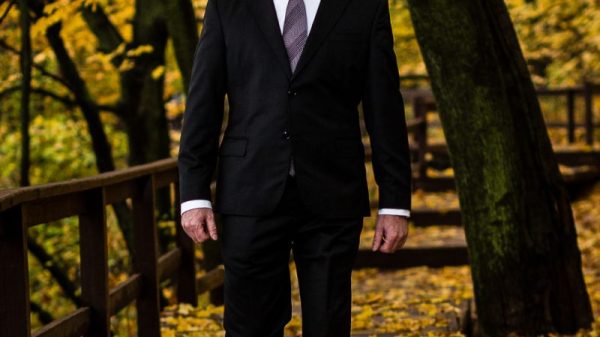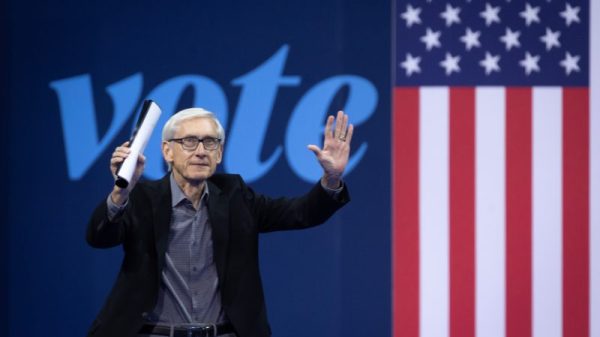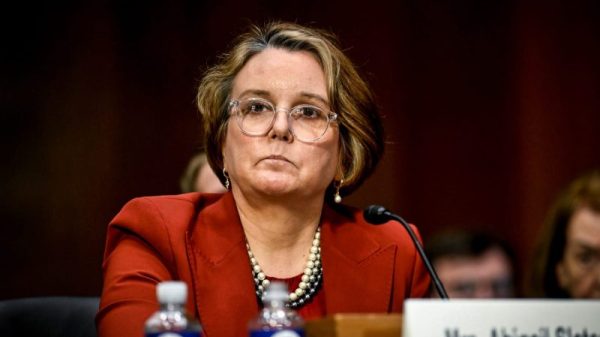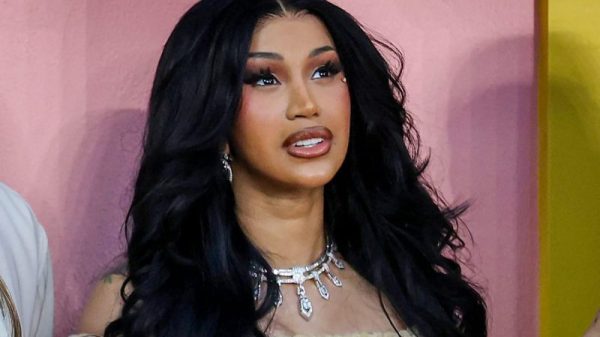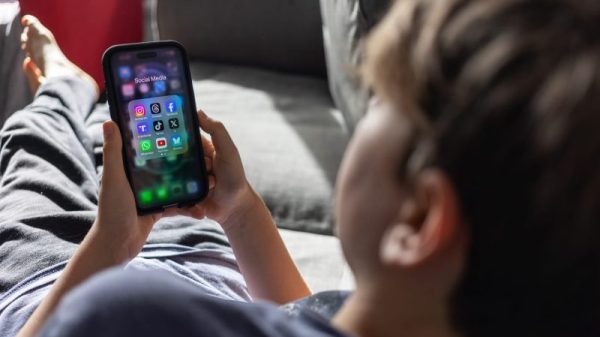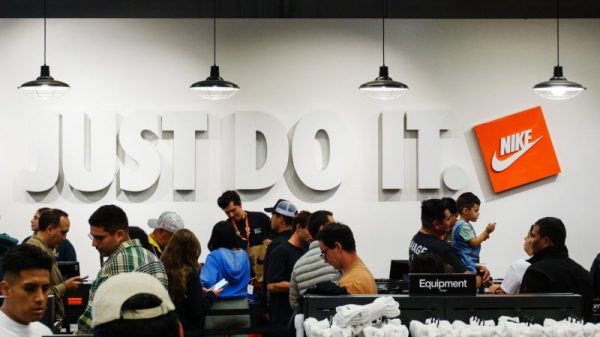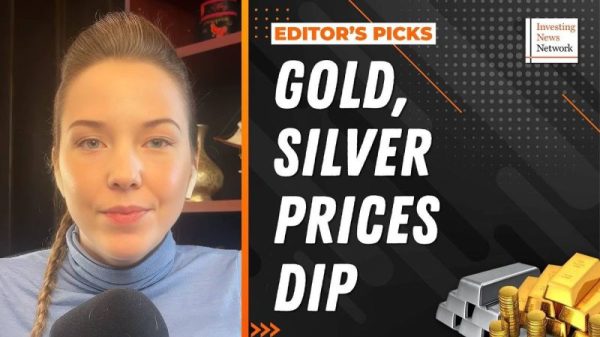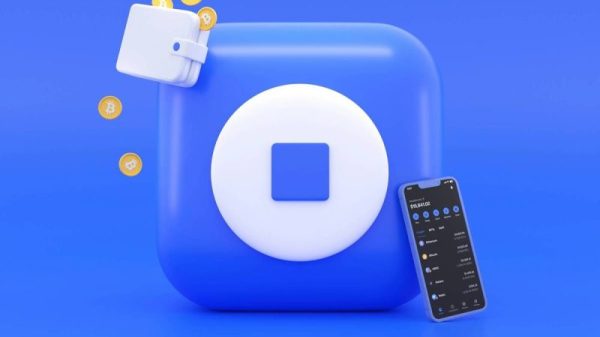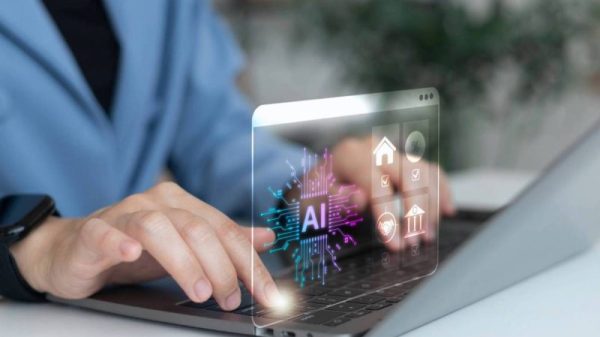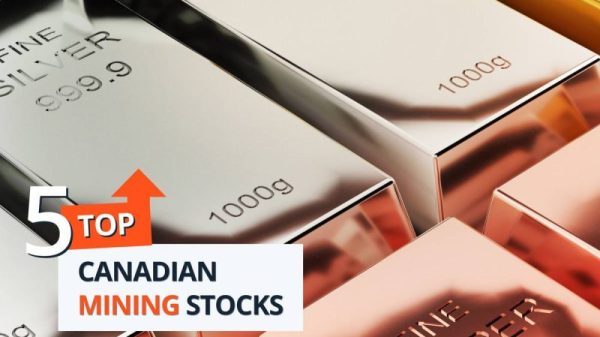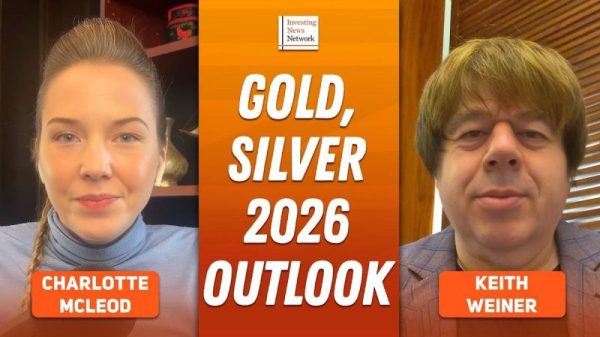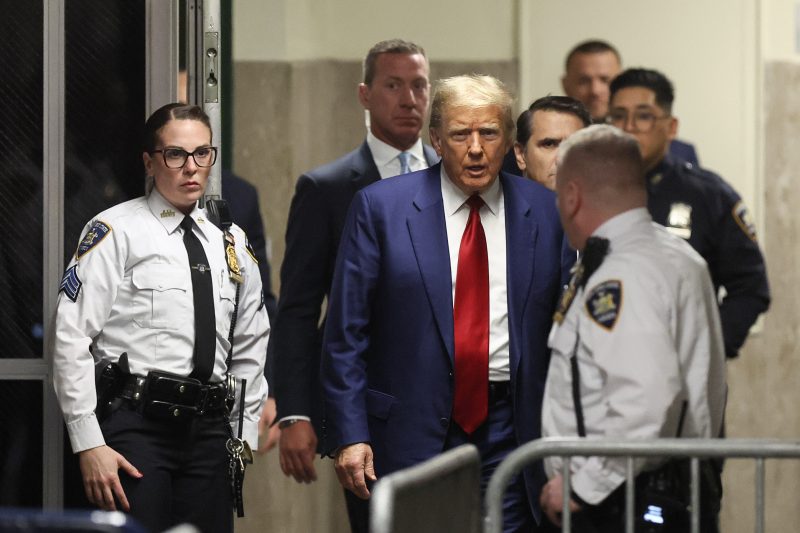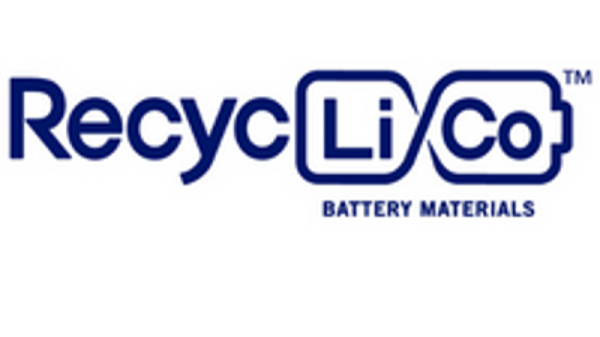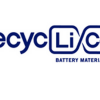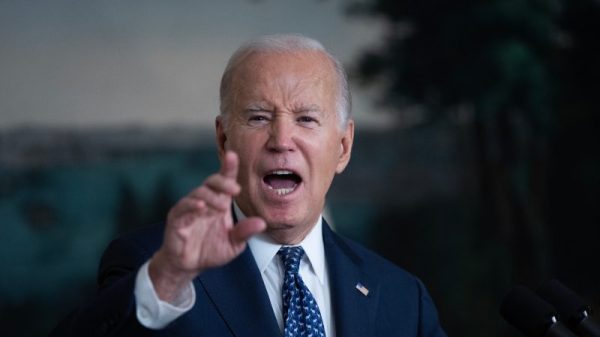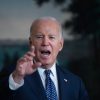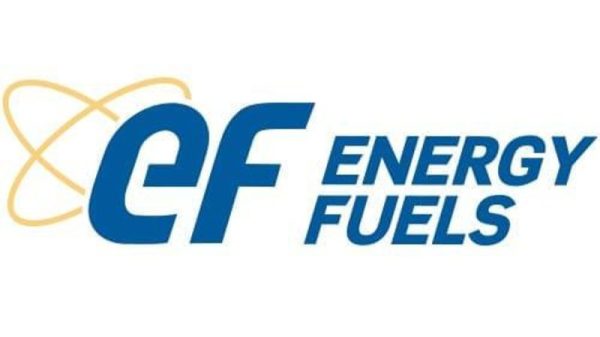The opening of Donald Trump’s first criminal trial on Monday will put to the test a defense strategy his lawyers have been honing for a year — a confrontational gambit that has angered the judge and could cost the presidential candidate dearly when it comes to a verdict.
Fight for every scrap of evidence. Push for every possible delay. The approach has succeeded so far in Trump’s three other pending criminal cases, potentially pushing all of them into or past November’s presidential election. Surprisingly it is in Manhattan, at a courthouse notorious for lengthy delays before many criminal trials, that the former president and presumptive Republican nominee will face his first judgment day.
Trump’s defense strategy in New York is unique from the other three cases in one respect — he aims to deny involvement in the key conversations about hush money payments made through his former lawyer and fixer, Michael Cohen, according to people familiar with his plan, who spoke on the condition of anonymity to discuss internal deliberations.
Prosecutors who have charged him with falsifying business records say the details of those conversations will help prove that Trump illegally categorized his reimbursement of Cohen as a legal fee, rather than a campaign expense. The purpose of the payments, prosecutors say, was to conceal from voters in 2016 any allegations of an extramarital tryst with Stormy Daniels, an adult-film star.
In Florida, where Trump is charged with mishandling classified documents — and in D.C. and Georgia, where he is charged with obstructing election results — his lawyers have argued in essence that Trump engaged in the conduct at issue, but that the conduct did not amount to crimes. He has pleaded not guilty in all four cases.
Denial is only one part of Trump’s New York strategy; delay is another. Three times last week his lawyers raced to an appeals court seeking to stall the looming trial; three times their appeals were rejected.
“He believes, as a matter of policy, all the cases should be after the election,” said David Schoen, a former Trump lawyer.
Many people facing trial do everything they can to slow the process down, knowing that witnesses’ memories can fade, prosecutors can change jobs, or public interest can evaporate. What Trump brings to such delay efforts is a megaphone and a novel argument — the unprecedented nature of putting a former president and current candidate on trial, and the still-murky possibility of get-out-of-jail free cards should he be reelected.
“Virtually all criminal defendants out on bail seek to delay their trial forever, and judges and prosecutors know that defendants for the most part have to be dragged kicking and screaming to trial,” said Ron Kuby, a veteran defense lawyer in New York.
The most surprising thing about Trump’s delay tactics, Kuby said, is that they haven’t worked well in New York compared to so many other defendants.
Trump is also trying to denigrate his accusers — everyone from New York Supreme Court Justice Juan Merchan to District Attorney Alvin Bragg, to key witnesses like Cohen and Daniels.
Again, Trump stands out from other criminal defendants — even famous ones — in that his incessant trashing of the justice system and the people involved in charging him appear to have boosted his standing in polls and rallied his Republican base.
“Attacking the system, the fairness of it, the motives of the people prosecuting you, that is not new,” Kuby said. “But never before in history has somebody been as successful at it as Donald Trump, in terms of massive agreement with his message. I’ve never seen that before in any case with any defendant.”
Merchan has grown increasingly frustrated with Trump’s bids for delays, voicing particular displeasure with Trump’s lead lawyer, Todd Blanche.
When Blanche was hired a year ago, he told other lawyers on the defense team that the immediate goal was to slow all the criminal cases down, according to people familiar with his edict, who spoke on the condition of anonymity to discuss private conversations.
The lawyers intensified their efforts to draft numerous pretrial motions in every case, poring over each indictment for anything that would drag the process out with responses, hearings, rulings and appeals.
In many court proceedings, opposing lawyers stipulate to basic facts to avoid wasting time on minor details that aren’t really disputed. On Trump’s legal team, a decision was made to stipulate to nothing — and fight over everything, according to the people familiar with the discussions.
One of Blanche’s partners, Emil Bove, took a particular interest in the classified documents case, where Trump’s team has been pleased by Judge Aileen M. Cannon’s pace in making rulings — even when they were not favorable to Trump. The case has been delayed indefinitely while the judge considers motions involving the handling of classified evidence and multiple defense claims that Trump should not have been charged. The legal team plans to wage a battle over every single classified document, people with knowledge of the strategy say.
On Saturday, Trump’s lawyers filed papers asking Cannon to push back a May 9 deadline she recently set for new submissions in the case — arguing that they would need at least a week to prepare inside a highly secure classified evidence room, at a time when they have to be on trial in New York. The filing seeks to push back the deadline until three weeks after the New York trial ends.
The Georgia case also has been slowed by a host of motions to dismiss, and was temporarily derailed by allegations of misconduct by the Fulton County district attorney. Trump’s federal election obstruction case in D.C. is on hold, meanwhile, while the Supreme Court weighs his claim of immunity.
When the Trump defense team strategized over the 2024 court calendar, they were least concerned about the New York case, the people familiar with the conversations said. But they won a temporary reprieve there also, thanks to a different part of their legal strategy: making far-reaching demands for access to potential evidence held by the government.
Originally scheduled to begin in March, the trial was pushed back to mid-April after federal prosecutors — who had previously charged Cohen and examined the Daniels payment — suddenly turned over more than 100,000 pages of material.
Trump’s team had subpoenaed the documentation from federal prosecutors, asking for far more than the local district attorney had originally sought.
Once those stacks of documents were provided, the defense argued that local prosecutors had not lived up to their obligations.
Trump’s lawyers demanded — and were granted — a trial delay to review the material. His lawyers have made similarly far-reaching demands for potential evidence in the other cases, and it remains to be seen whether those efforts will be fruitful for his defense team.
In New York, the strategy came with a cost: Merchan lost patience with Blanche’s accusations of prosecutorial wrongdoing. He demanded to know why the lawyer, himself a former federal prosecutor, had not subpoenaed the material months earlier.
The judge chastised Blanche for what he called “a pattern where I read certain information, I hear certain information and then I hear your interpretation of that, and it’s really different from my interpretation. And this has been frankly going on for months.”
Barring another last-ditch attempt to delay, Trump will walk into Manhattan criminal court on Monday, and lawyers will begin picking a jury.
The defendant’s immense public profile and his sharply polarizing nature will make that process difficult, said Jeffrey Bellin, a law professor at William & Mary and a former federal prosecutor in Washington, D.C. — not because jurors shouldn’t know who Trump is or have an opinion of him, but because jurors should not let those opinions influence their decision-making.
“I can’t think of a similar American trial in recent times with as difficult of jury selection as this is going to be,” Bellin said. “There are other trials with famous defendants, say the Bill Cosby trial or cases like that. But there are people who don’t have any strong feelings about Bill Cosby … they’re not going to feel strongly that he’s innocent or guilty, in the way that a lot of people not only know who Donald Trump is but have strong feelings about what should happen in these cases.”
In the city that made Trump famous, but where he is now deeply unpopular, his legal team is aiming as much for a mistrial as anything else, according to people familiar with the defense strategy. Criminal defense lawyers like to say that prosecutors need to convince 12 people in the jury box, but defendants only need to convince one, and that may be especially true in the Trump case.
Trump’s ongoing commentary on the case might be aimed at shaping public perceptions, including for prospective jurors, Bellin said. It carries risks, however. Defendants don’t typically lash out at judges, which can come back to bite them during sentencing. Denigrating the case and those involved in it could also frustrate the jury.
In a civil trial earlier this year in Manhattan, Trump’s demeanor and behavior did not seem to go over well with the jury, which ordered him to pay $83 million to the writer E. Jean Carroll after she accused him of sexually assaulting her and sued him for defamation.
As he sat in the courtroom, Trump occasionally grumbled, complained and fumed — so much so that the judge threatened to throw Trump out for defying his orders to keep quiet while Carroll testified.
Trump is already starting the hush money trial on thin ice with Merchan, who has imposed a gag order on him. Nevertheless, the former president is expected to speak often outside court, as he did during a separate civil business fraud trial brought by Attorney General Letitia James (D).
James won a judgment of nearly half a billion dollars against him.

